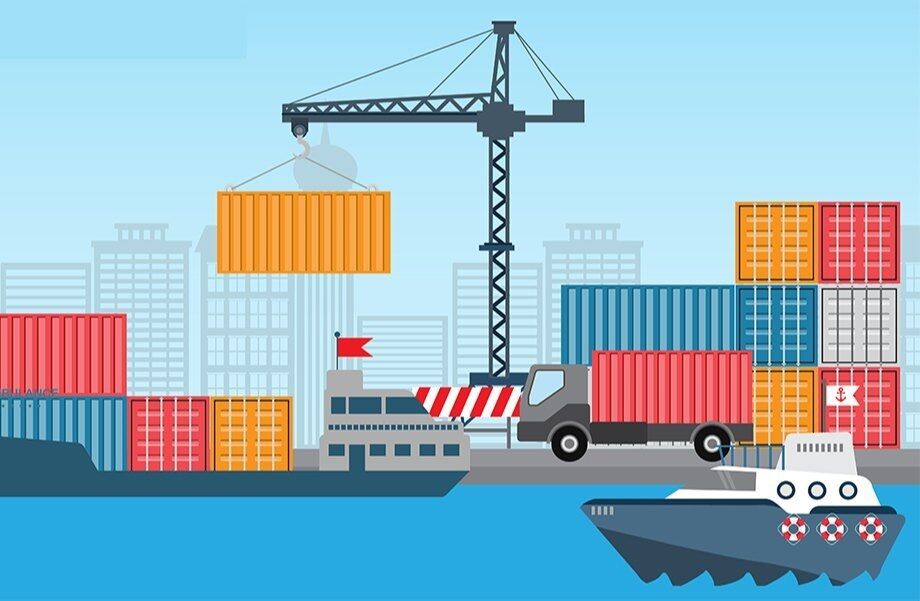Red Sea attacks reshape global oil market towards regionalisation

The global oil market is becoming increasingly regionalised due to militant attacks in the Red Sea and skyrocketing freight rates making more local supplies desirable.
A decrease in tanker traffic through the Suez Canal is encouraging a divide, with one trading area centred around the Atlantic Basin, including the North Sea and the Mediterranean, and another focused on the Persian Gulf, the Indian Ocean, and East Asia.
Despite ongoing crude movement between these regions, the longer and costlier route around Africa’s southern tip is being used less, marking a shift in buying patterns. For instance, some European refiners opted out of buying Iraqi Basrah crude last month, while the North Sea and Guyanese cargoes have seen increased interest from the continent.
In Asia, demand for Abu Dhabi’s Murban crude surged, triggering a mid-January price spike. At the same time, ship-tracking data from Kpler shows that crude loadings from the US to Asia fell by over a third last month compared to December.
Viktor Katona, Kpler’s lead crude analyst, explains, that the pivot towards logistically easier cargoes makes commercial sense, and that will be the case for as long as the Red Sea disruptions keep freight rates elevated.
“This situation, although temporary, is creating challenges for oil-dependent countries like India and South Korea which are finding it difficult to diversify their oil supply sources. It also restricts refiners’ ability to react quickly to market changes and could eventually impact profit margins.”
In January, oil tanker transits through the Suez Canal decreased by 23% compared to November, according to Kpler. The reduction was even more significant for liquefied petroleum gas and liquefied natural gas, with decreases of 65% and 73% respectively.
Petrochemicals feedstock
The most affected product markets are flows of diesel and jet fuel from India and the Middle East to Europe, and European fuel oil and naphtha to Asia. This has driven Asian naphtha prices, a petrochemicals feedstock, to nearly two-year highs due to sourcing concerns from Europe.
Higher transport costs due to the Red Sea attacks are pushing oil prices up and encouraging refiners to source locally. Rates for Suezmax crude tankers from the Middle East to northwest Europe have increased by about half since mid-December, as reported by Kpler.
Over the same period, global benchmark Brent crude has risen by around 6%. Meanwhile, the cost of delivering oil from the US, where production is booming, to Asia rose by more than US$2 a barrel over three weeks in January.
Diversification is still possible, but it comes at a higher price, says Giovanni Staunovo, a commodity analyst at UBS Group AG. Unless it can be passed onto the end consumer, it would cut into the margins of refineries. While the Red Sea situation is not expected to permanently rearrange oil flows, the conflict doesn’t seem likely to be resolved shortly.
Instead, there’s a significant risk of more disruptions, especially following the Houthi strike on a Russian fuel-carrying tanker last month. This attack was significant as the Iranian-backed militant group had previously stated that Russian and Chinese ships would not be targeted.
Adi Imsirovic, director of consultancy Surrey Clean Energy, warns that geopolitics are not good for trade. If I was a buyer, I would be on my toes. It’s a hard time for refiners, especially Asian refiners, who need to be more flexible, reported Bangkok Post.
Latest Thailand News
Follow The Thaiger on Google News:


























